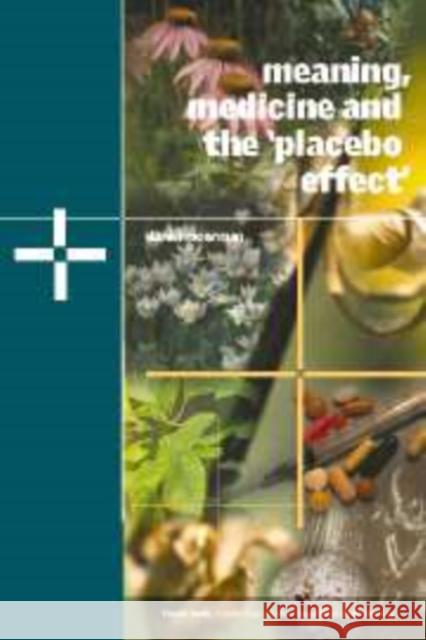Meaning, Medicine and the 'Placebo Effect' » książka
Meaning, Medicine and the 'Placebo Effect'
ISBN-13: 9780521806305 / Angielski / Twarda / 2002 / 190 str.
Meaning, Medicine and the 'Placebo Effect'
ISBN-13: 9780521806305 / Angielski / Twarda / 2002 / 190 str.
(netto: 331,67 VAT: 5%)
Najniższa cena z 30 dni: 345,14
ok. 16-18 dni roboczych.
Darmowa dostawa!
Traditionally, the effectiveness of medical treatments is attributed to specific elements, such as drugs or surgical procedures. However, many other factors can significantly effect the outcome. Drugs with nationally advertised names can work better than the same drug without the name. Inert drugs (placebos, dummies) often have dramatic effects on some patients and effects can vary greatly among different European countries where the "same" medical condition is understood differently. Daniel Moerman traverses a complex subject area in this detailed examination of medical variables. Since 1993, Cambridge Studies in Medical Anthropology has offered researchers and instructors monographs and edited collections of leading scholarship in one of the most lively and popular subfields of cultural and social anthropology. Beginning in 2002, the CSMA series presents theme booksworks that synthesize emerging scholarship from relatively new subfields or that reinterpret the literature of older ones. Designed as course material for advanced undergraduates, graduate students, and for professionals in related areas (physicians, nurses, public health workers, and medical sociologists), these theme books will demonstrate how work in medical anthropology is carried out and convey the importance of a given topic for a wide variety of readers. About 160 pages in length, the theme books are not simply staid reviews of the literature. They are, instead, new ways of conceptualizing topics in medical anthropology that take advantage of current research and the growing edges of the field.











